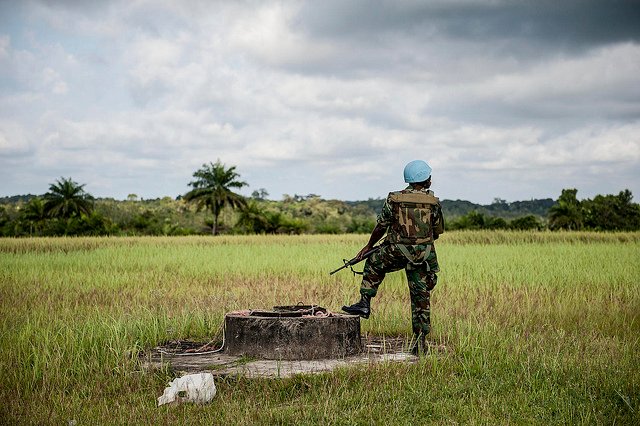The recent decision by President Joseph to sign a resolution establishing a War and Economic Crimes Court in Liberia has sparked renewed scrutiny over the involvement of corporations, particularly Firestone, in the country’s civil war. A 2014 revelation from reports by Pro Publica shed light on the extensive collaboration between Firestone, operating Liberia’s largest rubber plantation, and warlord Charles Taylor during the conflict, raising questions about corporate accountability for war crimes.
One particularly damning revelation is that Firestone’s plantation served as a strategic base for Taylor’s military operations. Dubbed “Operation Octopus,” Taylor directed a pivotal assault on Monrovia in October 1992, using resources and infrastructure provided by Firestone. The rubber plantation, spanning 220 square miles became a vital logistical hub for Taylor’s rebel army, facilitating the coordination and execution of military maneuvers.
Documents and interviews indicate that Firestone provided substantial material support to Taylor’s rebel army, including food, fuel, trucks, and cash. In return, Taylor’s forces ensured the security of Firestone’s operations and offered financial incentives such as reduced export taxes. The collaboration between Firestone and Taylor was not merely transactional; it bolstered Taylor’s political legitimacy and provided him with essential resources as he sought to solidify his grip on power in Liberia.
Financial records reveal the extent of Firestone’s financial contributions to Taylor’s regime. The company reportedly paid $69,000 in income and reconstruction taxes, $10,000 for a “social security pension scheme,” and $6,000 for a “social security income scheme.” Additionally, internal corporate documents show that Firestone disbursed over $2.3 million in income taxes, social security pensions, worker injury funds, and rent to Taylor’s government by the end of 1992. Of this amount, more than $1.3 million was paid in cash or checks, with the remainder provided in contributions of rice, buildings, and equipment.
Moreover, Firestone invested a staggering $35.3 million between June 1990 and February 1993 to rebuild its plantation infrastructure, although it remains unclear whether this figure included the tax payments. These investments encompassed various expenses, including rice shipments, plantation rehabilitation, pensions, labor settlements, and miscellaneous obligations.
While Taylor engaged in illicit activities such as diamond smuggling and illegal timber harvesting to finance his war efforts, Firestone’s financial contributions undoubtedly played a significant role in sustaining his regime. Despite Taylor’s eventual conviction by the Special Court for Sierra Leone for war crimes and crimes against humanity, corporations like Firestone implicated in enabling his activities have largely escaped accountability.
With the prospective establishment of a War and Economic Crimes Court in Liberia, there is renewed hope for justice and accountability for past atrocities. However, questions linger about the political will and commitment of the Liberian government to pursue accountability for corporate actors like Firestone. As Liberia grapples with its painful past, addressing the role of corporations in fueling conflict remains a critical and unresolved challenge on the path to reconciliation and justice.

